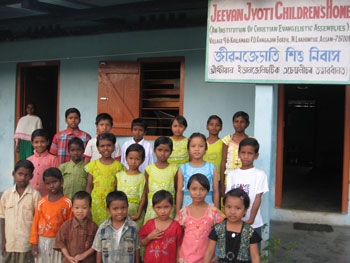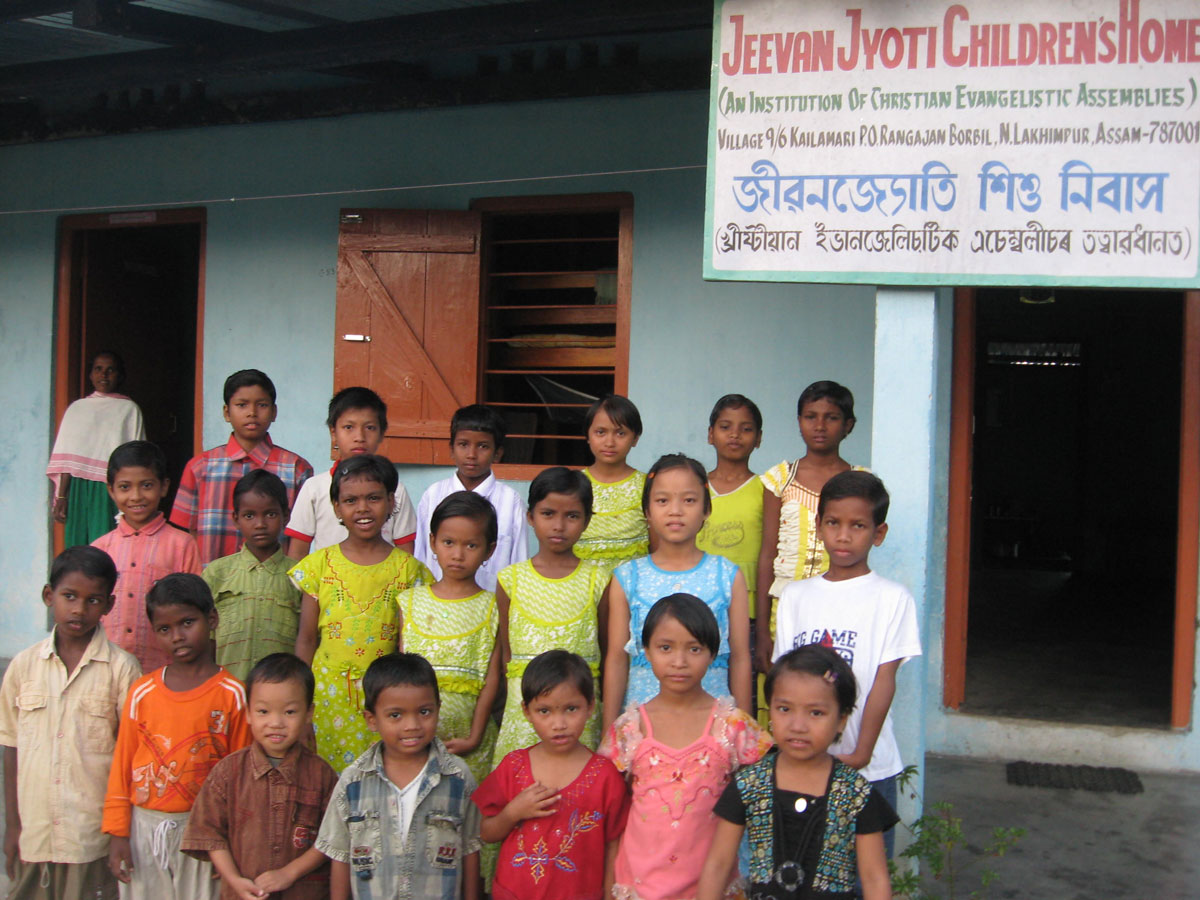
 A. J. Philip
A. J. Philip

I still remember the fall of Saigon on April 30, 1975, which marked the end of the Vietnam war, for the little celebration at the India Press Agency (IPA) where I worked as a reporter at that time. Our chief editor Nikhil Chakravartty, who refused the Padma Bhushan later, came to the office with a packet of sweets.
The Vietnamese people, under Ho Chi Minh, first fought the French and then the Americans. There are no parallels to their bravery and sense of nationalism. The victory came at a price. Nearly 10 million people were killed in the war. The economy was in a bad shape. Vietnam was branded a basket case.
There were reports at that time about how the nightlife in Saigon ended and how the little comforts the South Vietnamese leaders enjoyed in the company of the Americans evaporated into thin air. It is for no reason that the largest city in Vietnam is today named after Ho Chi Minh, who travelled all over the world as a cook on a French ship.
When he became President of North Vietnam, he could have shifted to the mansion used by the French military commander. He had no use for the house. Instead, he stayed in the two-room stilt house that allowed free flow of air.
I have heard a story, perhaps, more apocryphal than real, that on a visit to a foreign country, he refused to sleep on a bed. He slept on the floor saying that he would sleep on a bed only when his people were also able to sleep on beds. I have come across only one such person so far.
She is Daya Bai, a social activist from Kerala, who works for the rights of the adivasis. Once a church in the Gulf wanted to invite her for a programme. When I contacted her, she agreed on two conditions. She should not be accommodated in a hotel, whatever the star.
She wanted to stay with a family. Also, she should be allowed to sleep on the floor.
Ho Chi Minh died before the unification of North and South Vietnams. He was a close friend of Jawaharlal Nehru. He visited India thrice. Last year, his bust was unveiled at the diplomatic enclave in New Delhi. Kolkata already has a similar statue. In fact, Ho Chi Minh Sarani is a street in the heart of Kolkata where the American and British consulates are located.
Compared to India, Vietnam is a tiny country with a population of 9.7 crore against India’s 138 crore. As mentioned, it had nothing to fall back upon when it became free. India’s condition in 1947 was better than Vietnam’s condition in 1975.
In other words, the two countries are comparable. The other day, I bought a packet of fish from a shop in New Delhi. It was from Vietnam. I had a mobile phone which was made in Vietnam. My son has a strikingly beautiful painting from Vietnam that adorns his wall. His co-brother works out of Singapore and Vietnam.
The companies which exit China for one reason or another find Vietnam as their next port of call. Can the two countries be compared? The per capita GDP of India in 2020 was $1928 against Vietnam’s $3525. Now, let us see how Vietnam spends its money.
India’s per capita expenditure on education is $60, against Vietnam’s $138. India spends only $19 per capita on health, whereas Vietnam spends $63. Some of these figures are as old as 2017 but they show how the country has progressed.
I read an article economist Kaushik Basu wrote after a visit to Vietnam in 2001. He found the country very clean and he noted that even Politburo members commuted on two-wheelers. There were few cars on the streets and they belonged to either the embassies or funding agencies.
Basu did not find any poverty there. Twenty years later, I am sure, the situation would have only improved. In India, we blame the British and, now, the Mughuls also, for the ills that plague the nation. In Vietnam, they are so engrossed in nation-building that they have no time to waste on American or French bashing.
In a bookshop, Basu found a beautifully printed book in the Vietnamese language. It was on Bill Gates. Twenty years later, it would have been replaced by a book on Amazon founder Jeff Bezos.
Now, let us see what the situation in India is. If you drive in Delhi, you will be accosted by beggars at every signal point. The problem becomes acute on Saturdays when women and children also appear begging in the name of Lord Shani.
Lord Shani is the son of Surya (the sun) and an embodiment of the planet Saturn. Astrologically, he's one of the most dreaded 'graha'. It is believed that if Shani showers his blessings upon you then you can strongly battle the hardships of life.
One of the hardships of driving in Delhi is the large number of cows that populate the city. They can be seen sitting on busy roads. The less one says about cleanliness, the better it will be.
We have a Prime Minister who on certain days changes his clothes four times. Nobody has seen him repeatedly wearing his clothes. He has acquired two state-of-the-art, bullet-proof Mercedes cars that cost the nation sums that would have been sufficient to build at least four high schools.
He has two custom-built Boeing aircraft in which he can fly non-stop to a majority of the countries. The specifications of the aircraft are, naturally enough, a state secret. Only the President of the US and rulers of petroleum-rich countries like Oman and Saudi Arabia have similar aircraft. Whom do we try to impress?
We have a Communist Chief Minister, who has gone to the US with his wife and a staff member of the CM’s Secretariat, for treatment. Their journeys by first class and expenses in the US would be borne by the state government. As they were flying in style, I heard a Padma awardee in Kerala asking for an increase of his pension, a pittance.
Modi came to power promising jobs. He used to talk about the demographic dividend and how young the Indians were, compared to the aging populations in developed countries like Germany in Europe and Japan in Asia. To use Justice Krishna Iyer’s ex
The Modi government invested heavily in skill development. Of course, it had a political purpose. It wanted cobblers, artisans, carpenters and the like to remain in their traditional professions and not become engineers, doctors, entrepreneurs, IAS and IPS officers. Alas, most of the skill improvement centres have been closed.
Modi and his ministers no longer talk about it, as they do not talk about the 100 smart cities that Modi had promised. Studies have shown that there are now fewer employed persons in the country than was the case earlier. Let me quote a BBC report: “Jobs are diminishing. India's unemployment rate crept up to nearly 8 percent in December, according to the Centre for Monitoring Indian Economy (CMIE), an independent think tank. It was more than 7 percent in 2020 and for most of 2021.
"This is way higher than anything seen in India, at least over the last three decades, including the big [economic] crisis of 1991 [when the country did not have enough dollars to pay for imports]," Kaushik Basu, whom I quoted earlier, told BBC. Even salaried jobs have shrunk. Many journalists, for instance, have lost their jobs.
Modi was boasting about the economic turnaround while addressing the World Economic Forum at Davos when his teleprompter conked out and he could not continue his speech. The spread of Omicron and the resultant near-lockdown condition in most parts of the country have caused a setback to the economy which was showing signs of recovery, mostly on account of increased government spending.
A senior editor with a national daily told me how she had to come to terms with a salary cut. She is lucky, unlike many others who lost their jobs. The economic devastation caused by the Pandemic has not affected one class of people. They are the super rich. The stocks of the Ambanis and the Adanis have been growing higher and higher.
India stands out as a “poor and very unequal country, with an affluent elite”, where the top 10 percent holds 57 percent of the total national income, including 22 percent held by the top 1 percent, while the bottom 50 percent holds just 13 percent in 2021, according to the World Inequality Report 2022.
This is alarming, to say the least. India was a wealthy nation. It was its famed wealth that enticed the Mughals and the Europeans to India. If they plundered the Somnath temple several times, it was not because of their hatred for the religion but for the wealth hoarded there like the Sri Padmanabhaswamy temple in Thiruvananthapuram.
We are going back to the situation when the Maharajas and Maharanis controlled the wealth. The other day, Modi mentioned how the ruler of Indore spent money to develop a temple in his constituency Varanasi where he inaugurated the Kashi Vishwanath Temple Corridor project, completed at a cost of over Rs 330 crore.
What he did not realise is that the money the Indore ruler spent could have been utilised to spread education, especially among women. The point that too much wealth in too few hands is neither welcome nor commendable. The rich in India are not even philanthropic.
Yes, they give money to temples. One exception is Azim Premji who has earmarked a large share of his property for philanthropic activities. It is mandatory for the profitable companies to spend some money on what is called corporate social responsibility.
They find it easier to donate to the PM Cares Fund than to support grassroots NGOs and their programmes. We had a flamboyant corporate Czar, who used to bring out a calendar every year showcasing bikini-clad women. Editors wrote about the metamorphosis he brought about in air travel. His success was measured by the shrinking size of the dress the poor air hostesses he employed were forced to bear.
He ran away with Rs 9,000 crore, using his diplomatic passport and after having a word with the then Union Finance Minister. Today he is a pauper in London with his London property to be acquired by a bank. Modi had promised to bring him and jeweller Nirav Modi back to India. The country has nothing to gain by bringing them. The paupers would at best enjoy the free food available to the prisoners.
From my personal experience, I can say that the level of corruption in government offices has only increased, not decreased. I had to get a vehicle transferred from Delhi to Haryana. I had to apply online. But at the last stage, the application could not be filed. Several attempts were made in vain. Finally, I had to engage a consultant to file the application online. He charged a fee, including the bribe he paid to the transport department. Government employees are the most pampered in the country. They are entitled to yearly increments and life-long pension, unlike the vast majority who have no support mechanism in their old age.
For a household of five members the poverty line has been fixed at an annual income of Rs. 10,890 in rural areas and Rs. 12,570 in urban areas. Two-thirds of the people are poor whether they are below or above the poverty line. Yet, we have leaders who behave like the monarchs of the past. How I wish they had led a down-to-earth life, representative of the common man, in whose name they seek votes. Like Communist Ho Chi Minh!
ajphilip@gmail.com